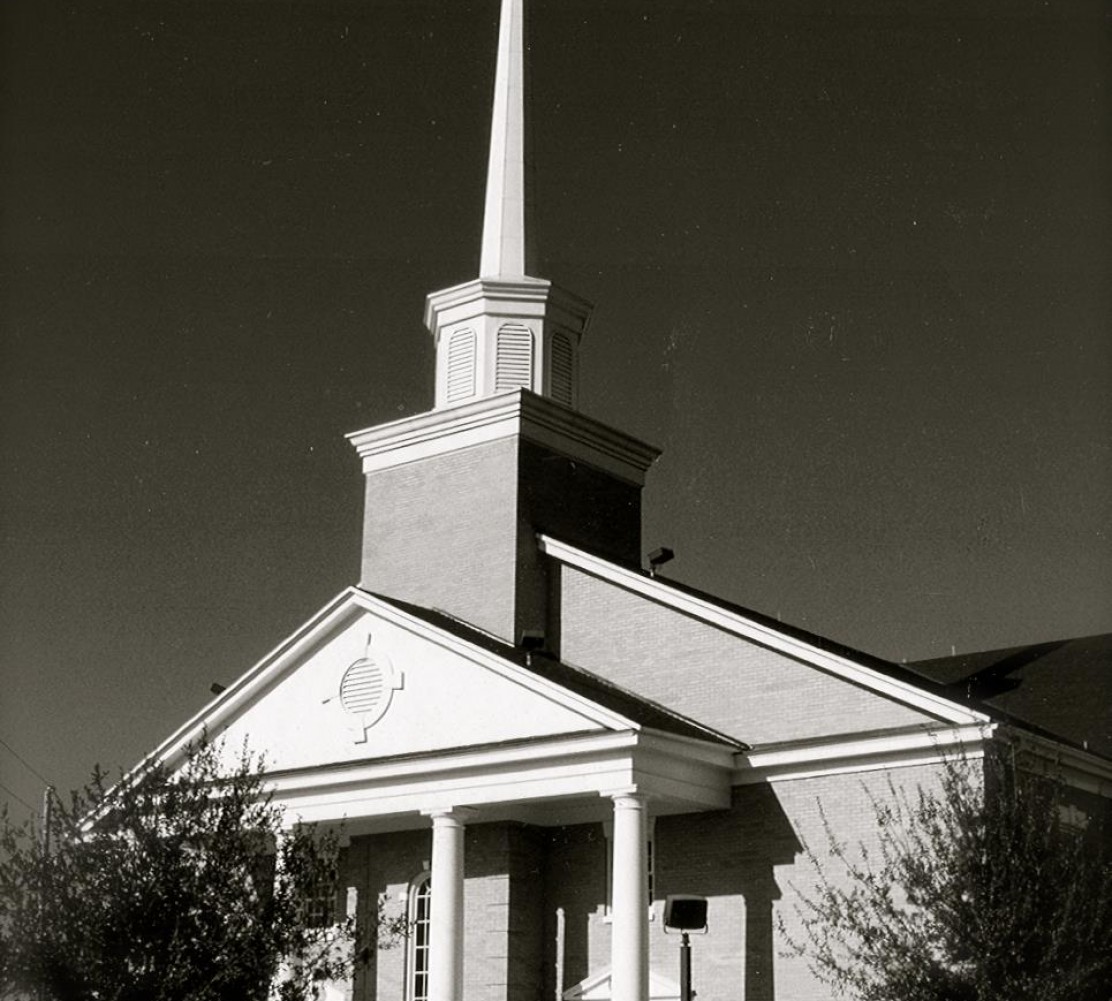Still reading The Presidents’ Club. The book talks a lot about the power of current and former presidents working together, but it also describes disunity and vitriol that has occurred between these men over the years. One example of this took place between Truman and Eisenhower, despite the fact that they had been friends who greatly respected one another while Truman was Eisenhower’s commander-in-chief.
Truman was a Democrat, Eisenhower a Republican. Eisenhower was immensely popular because of his heroic record during WWII. Truman decided not to run again in 1952 and had supported Eisenhower’s candidacy before Ike’s party affiliation became public. Even after this information was out, Truman was friendly to Ike while remaining loyal to his own party. But several misunderstandings along the campaign trail combined with the divisive influence of Senator Joe McCarthy, with the result that the men had become bitter enemies by the time Ike’s inauguration rolled around. The interactions between the two administrations on that day were some of the coldest and most awkward of any Inauguration Day before or since.
The bitter, very public relations between the two men continued all throughout Eisenhower’s eight-year presidency and into the Kennedy administration. That is, until November 22, 1963, when Kennedy was assassinated. Tragedy changed everything, and the grievances of the past seemed to pale in comparison with the events of that day. On the day of Kennedy’s funeral, Ike overheard that Truman, for some reason, did not have a vehicle to transport him to the service. He quickly reached out to Truman and offered for the two men and their wives to ride together – an invitation Truman accepted. At the end of that very long, very difficult day, the Eisenhower’s were dropping off the Truman’s and were about to drive back to their farm in Gettysburg, when Truman turned back to the car and said to the Eisenhower’s, “How about coming in for a drink?” They accepted, and with these two small actions in the wake of a national tragedy, a great presidential healing took place. The two families spent the afternoon together, eating, drinking coffee, and genuinely enjoying one another’s company. The bitterness never returned.
I’ve given a lot of detail here, but that’s probably because it was a story I was unfamiliar with and really loved learning. I’m guessing most of your sermon audience would feel the same way. This could be used to illustrate Habakkuk 3:17-19, Romans 5:3-5, Romans 8:18, Romans 8:28, Ephesians 3:13, 2 Timothy 1:8, James 1:2-4, and 1 Peter 2:19, along with other passages that speak of God growing us and bringing about good in the midst of evil. I think the story could also illustrate passages that talk about Christians comforting those who are hurting and doing ministry in the midst of crisis, because it demonstrates the human tendency to be open to true change when given a new perspective through tragedy and suffering. In the midst of suffering, we have opportunities to show Christ’s love. Example passages of this: Job 1, Job 2, Job 3, Psalm 23:4, Ecclesiastes 4:1, Isaiah 61:1-3, Matthew 25:31-46, Romans 12:15, 2 Corinthians 1, and 2 Corinthians 7. This story could probably also be used for some passages that deal with bitterness, forgiveness, and reconciliation, too – like Matthew 18:15-20 and Hebrews 12:15.
